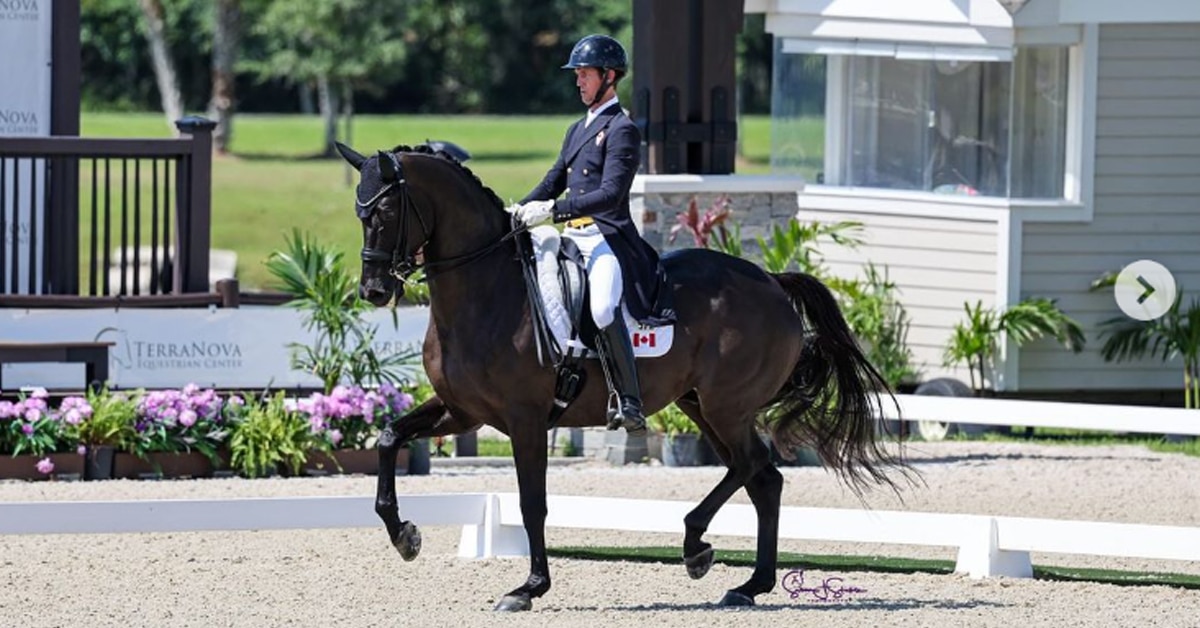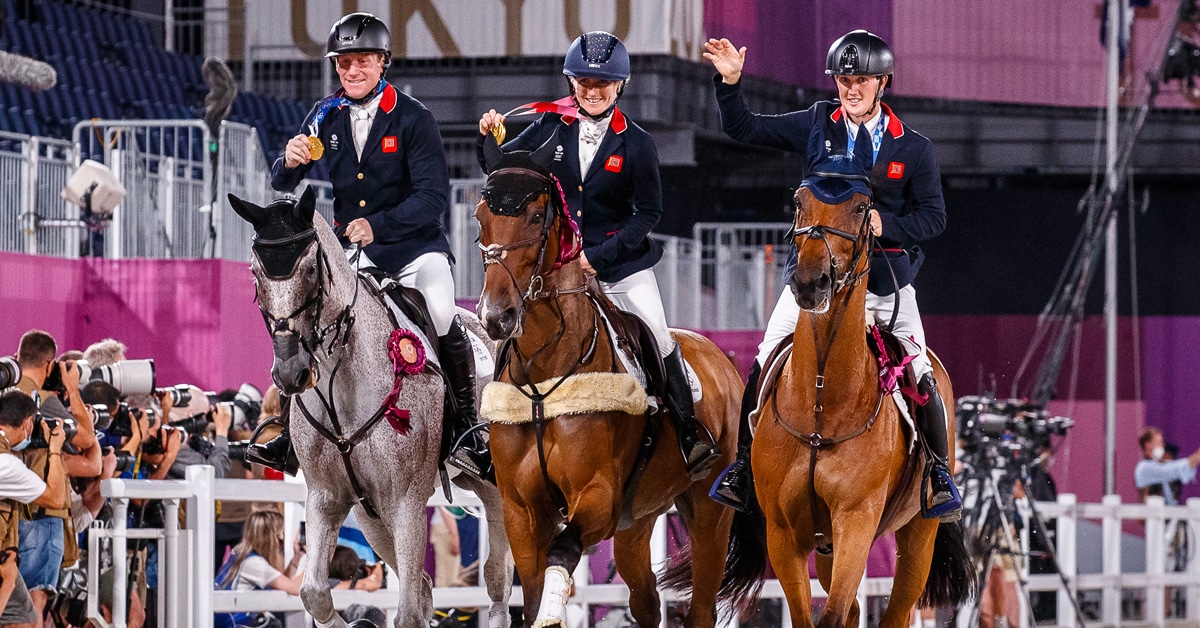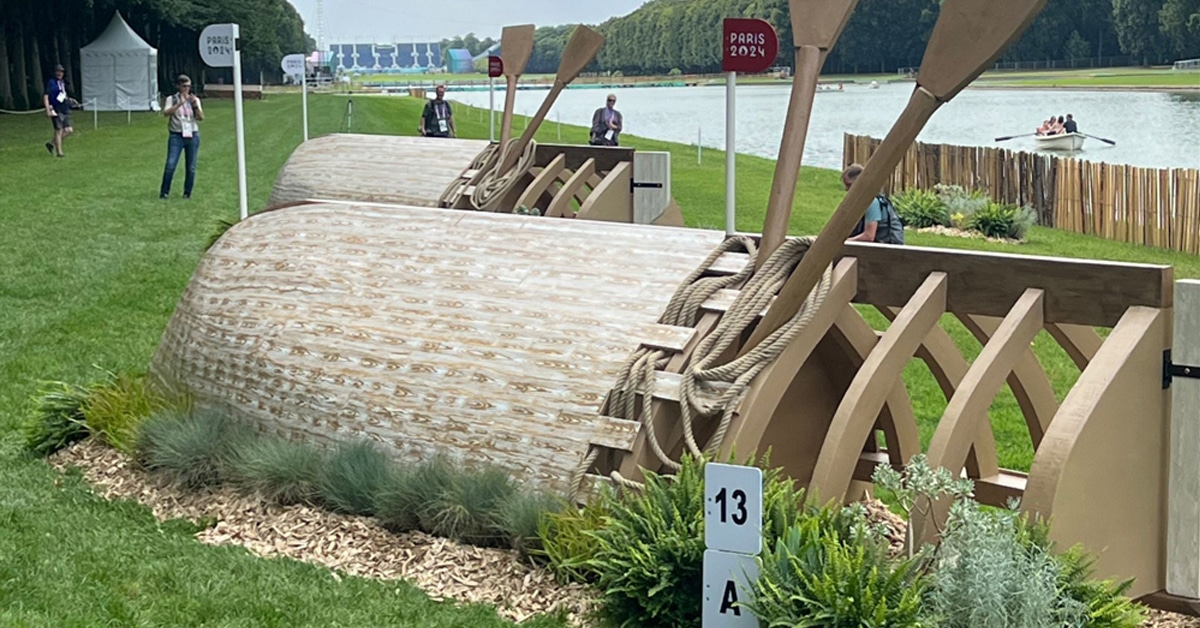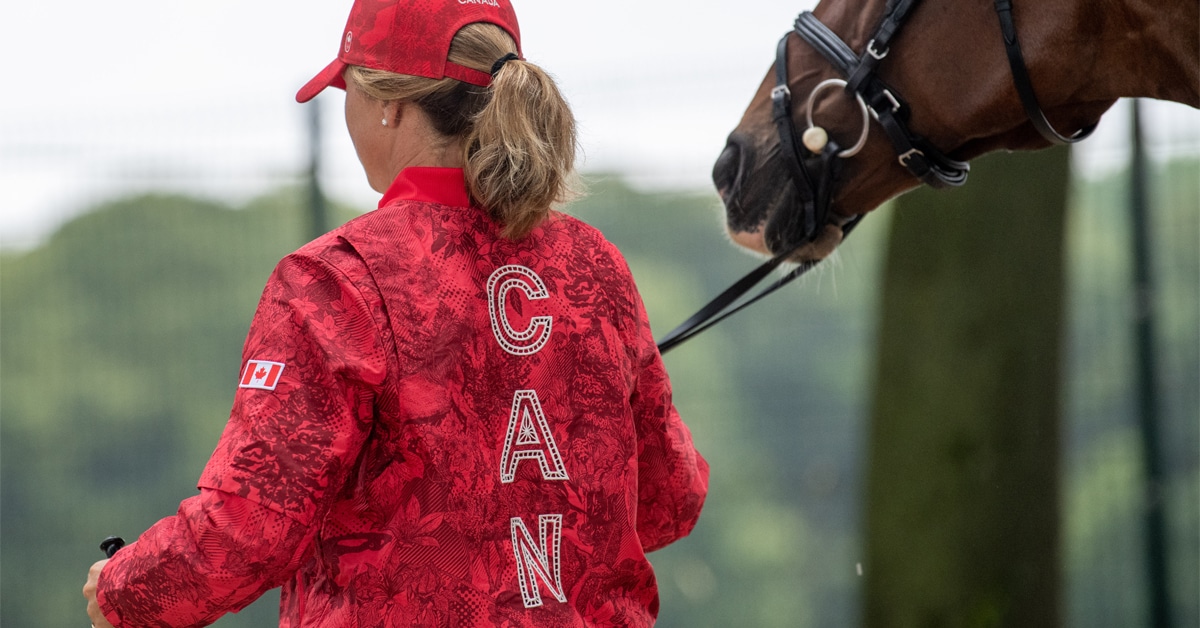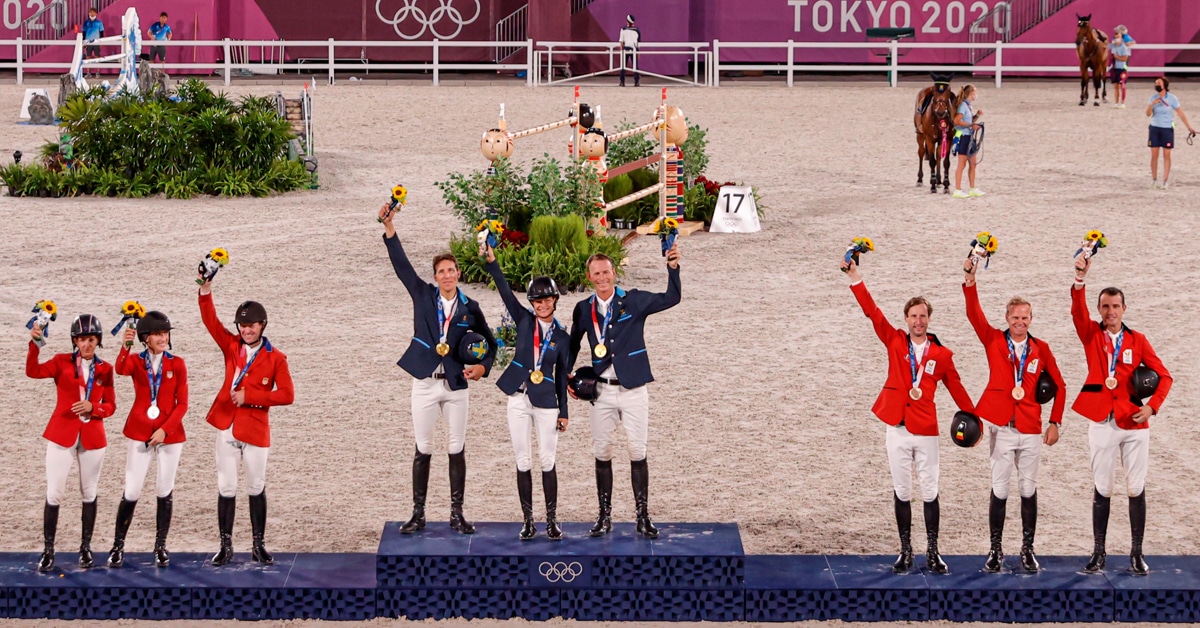The show jumping team competition at the Paris 2024 Olympics will be held before the individual, in the traditional way, following pressure from stakeholders who saw too many riders out of their depth in the early competitions at Tokyo.
Many had already warned there would be negative consequences to staging the individual final first at the 2020 Games. “Bad pictures” were also exacerbated, it is claimed, by riders from the less advanced nations who had achieved their Minimum Eligibility Requirement (MERs) at “special shows” where there were suspicions the courses were not up to height, because of the drive to see extra countries represented.
All these issues are tackled in a raft of measures for Paris 2024 that include new powers for the ground jury to eliminate anyone whose round poses horse welfare concerns. The changes all go forward for approval at the FEI General Assembly in Cape Town next month.
The FEI jumping committee itself has proposed returning to the traditional team-individual order during the FEI sports forum in April, although news that the FEI was willing to make this U-turn has not deterred many national federations from continuing to apply pressure. There have been more representations about show jumping at the Olympic Games than any other topic in the FEI’s annual rules revision process, received from national federations, senior officials including Canada’s Kim Morrison and Yves Rossier, and from riders including Tiffany Foster and Nicole Walker.
Urging that the team competition be held first, Norwegian official Carsten Andre Soerlie said, “The ground jury [at Tokyo] was lucky not having any fatal incidents, especially in the individual competitions. We are still of the opinion that too many horse/rider combinations were not prepared for an Olympic level. Qualifications should only be done at championships and games built at the same level and/or in specially assigned five-star events.”
Regarding horse and rider capability, Rossier added, “Qualifying events must be ‘real’ competitions [CSI4-5*] with correct specifications and not special qualifying events.” For example, only three months before Tokyo, a special competition was organized for riders that did not yet have a MER, at Hagen in Germany, staged after the main CSI was over. The schedule and results have never been published.
The International Jumping Riders Club (IJRC) noted that MERs for Tokyo could have been obtained at 1.50m. “For a large number of riders this is by far not enough. They are asking how somebody should jump an Olympic course when he hasn’t managed to be clear in a 1.60m class before. [The FEI] should require five clear rounds at 1.60m, or at least four faults.”
There were similar concerns that some who qualified through the special Olympic ranking accrued most of their points at 2* level. There was alarm early in 2020 when it emerged that numerous points were awarded at 2* shows with entries in the single figures. One beneficiary, Mathilda Karlsson of Sri Lanka, ended up at the Court of Arbitration for Sport. In the first round at Tokyo, she got only as far as the eighth fence.
The British Equestrian Federation said, “To reduce the qualifying standard is a potential human and horse welfare issue. We should be asking for at least two single round clears. This is the least we should ask for in terms of eligibility for Olympic Games, demonstrating the responsibility of the FEI that they are looking for a higher competence level, also to encourage competitors from countries who are new to the competition to accumulate more experience.”
In response, the FEI will remove competitions below 1.50m from the Olympic ranking for Paris 2024. “Special qualifying competitions” will not be allowed. MER criteria will also become stiffer, requiring three results of either/or four penalties at 1.55m or eight penalties at 1.60m in Grand Prix, Nations Cup or World Cup only.
The unpopular three-to-a-team format remains, despite many still stating a clear preference for teams of four with a drop score. The FEI is emphasising that in Paris 2024 substitutions can only be made to the team of three if there is a verified medical or veterinary reason, and cannot be done for tactical reasons.
It has emerged that earlier this year there was extensive consultation as to whether riders should be eliminated at Paris 2024 once they had accrued too many penalties in a round. The consensus favoured a maximum of 16 or 20 penalties.
But instead of applying a penalty cap, the FEI is proposing to give the ground jury discretionary powers to eliminate a rider not up to standard, where it is “contrary to the principles of horse welfare to allow the combination to continue.”
The IJRC preferred this latter measure, stating, “There is no doubt that we must avoid seeing badly-ridden rounds and unpleasant scenes from combinations not capable of providing an acceptable performance [social licence]. Considering, however, that the elimination of a rider results in the entire team’s elimination, we wish to avoid weaker federations experiencing the humiliation inflicted by elimination. Considering that the current regulations add one fault for every second over the time allowed, we believe that the results seen at the previous Olympics cannot be used as a source of comparison. In fact, with these time penalties, an extremely high number of faults would probably arise in the event of a refusal.
“In the event of images that are negative for our sport, or over-use of a horse during the Team or Individual Competitions, the horse/rider combination should be eliminated and treated the same as if elimination was the result of two refusals or a fall.”
Tiffany Foster observed: “This issue would not exist if there was a drop score.”
Poland aired some longer-term thoughts to tackle negative perceptions of equestrian sport. “Horse riding is one of the few Olympic disciplines in which we give penalty points. Due to public perception, it would be worth changing this scoring system in the future. A positive image of the discipline is very important now. Maybe it is worth considering that horses should score points for each successful jump … big changes, big challenge, but worth discussing.”
More from News:
